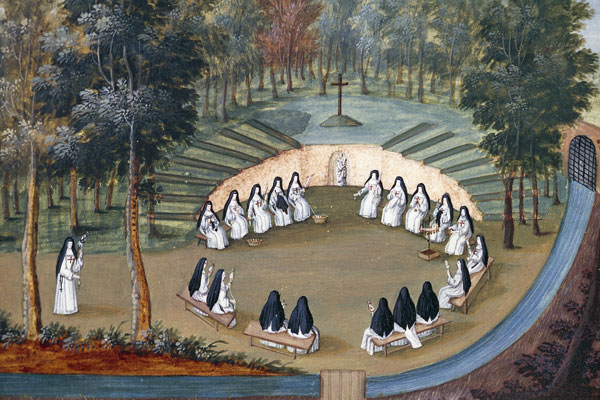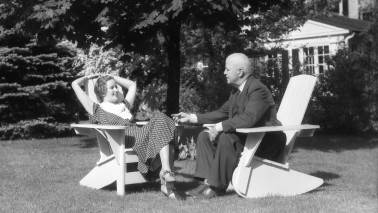This is a specialist book for non-specialist readers — by which I mean in part that it is made highly accessible to anyone seriously interested by excellent and lively writing rather than by any dumbing down. It may be an odd thing to say about a history of the intersection of platonic philosophy and Christian and Judaic spiritual theologies, but actually it is great fun. A good read.
Nonetheless it is also odd and unexpected. One of the oddities is the curious balance of silence and confessional in the authorial voice. It is a sign of the times, I think, when a book of this substance tells the reader more about the author’s sexuality than about his relationship to the faith he is discussing. He does try, but clearly for ‘serious’ academics, even those as media savvy and sympathetic to the reader as Diarmaid MacCulloch, subjectivity remains an awkward problem.
But the real reason it is an odd book is because it is really two different books not quite seamlessly stuck together. The first is a history of the philosophical roots of silence within the Christian tradition and I found it wonderful. Because of its intellectual and conceptual interests we are spared another run through of sweet anecdotes about the Desert Fathers (whom I love — but there have been a lot of books recently telling us how sweet they were and this does not need rehearsing yet again). Instead, the early chapters of the book address the slow start to ‘silence’ in the Hebrew scriptures, and the crucial Hellenisation of both Judaism and early Christianity and how and why that led to a more distant and silent deity.
This is so well done, and makes really pretty obscure material entirely available and tasty for the interested lay reader.







Comments
Join the debate for just £1 a month
Be part of the conversation with other Spectator readers by getting your first three months for £3.
UNLOCK ACCESS Just £1 a monthAlready a subscriber? Log in